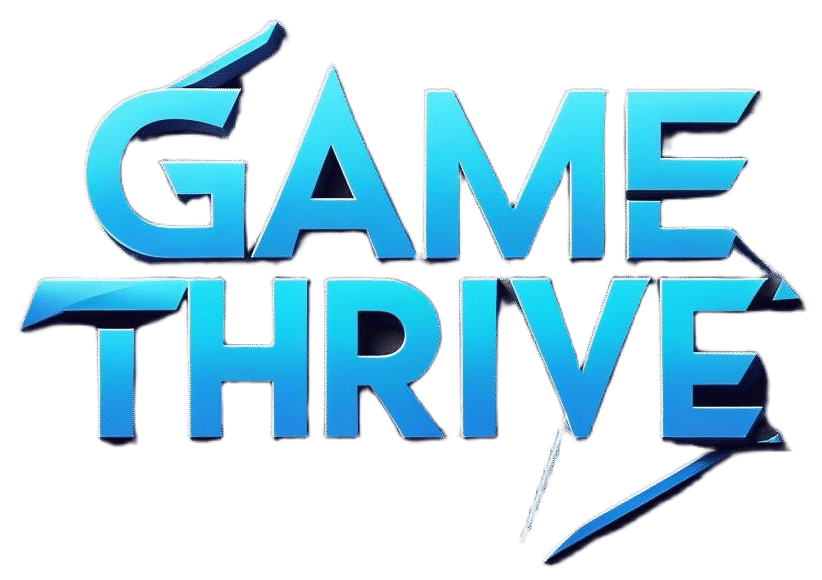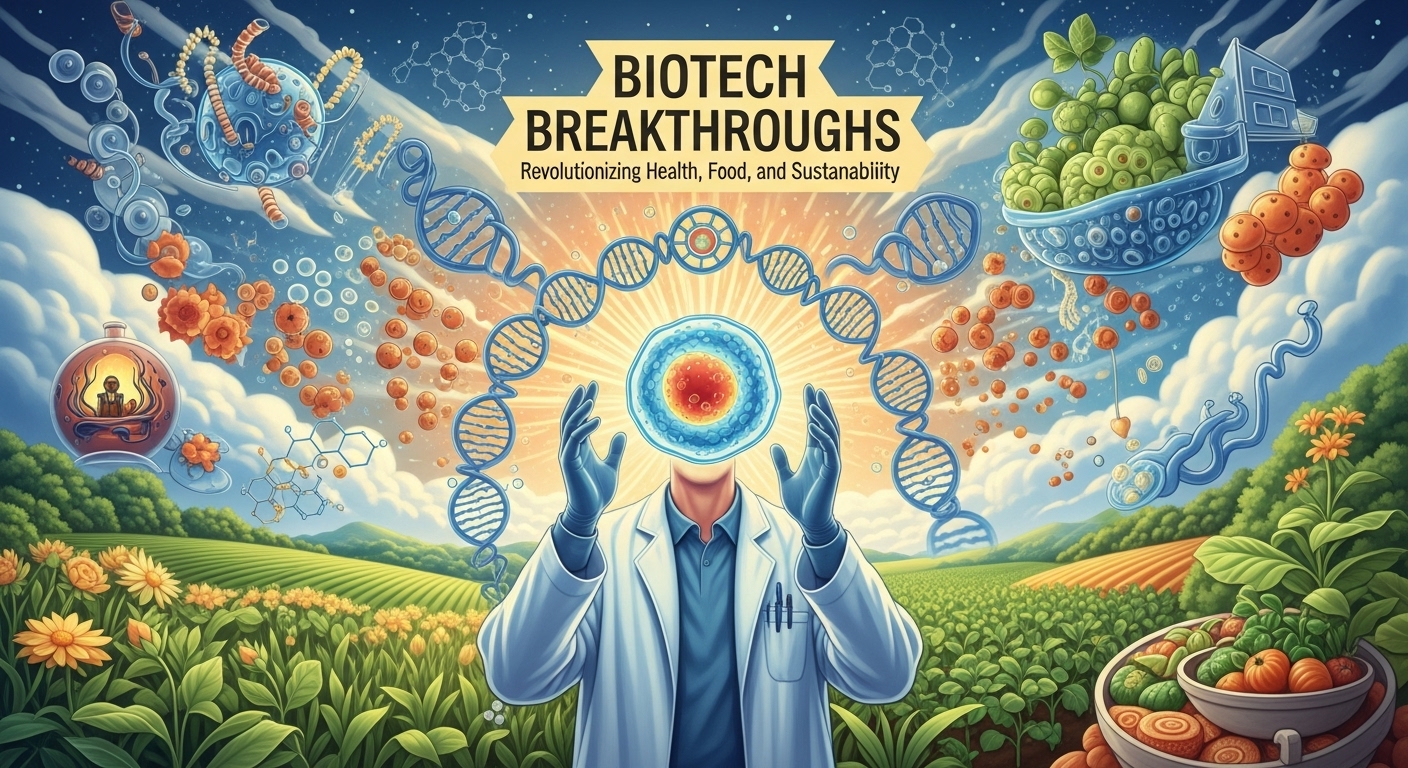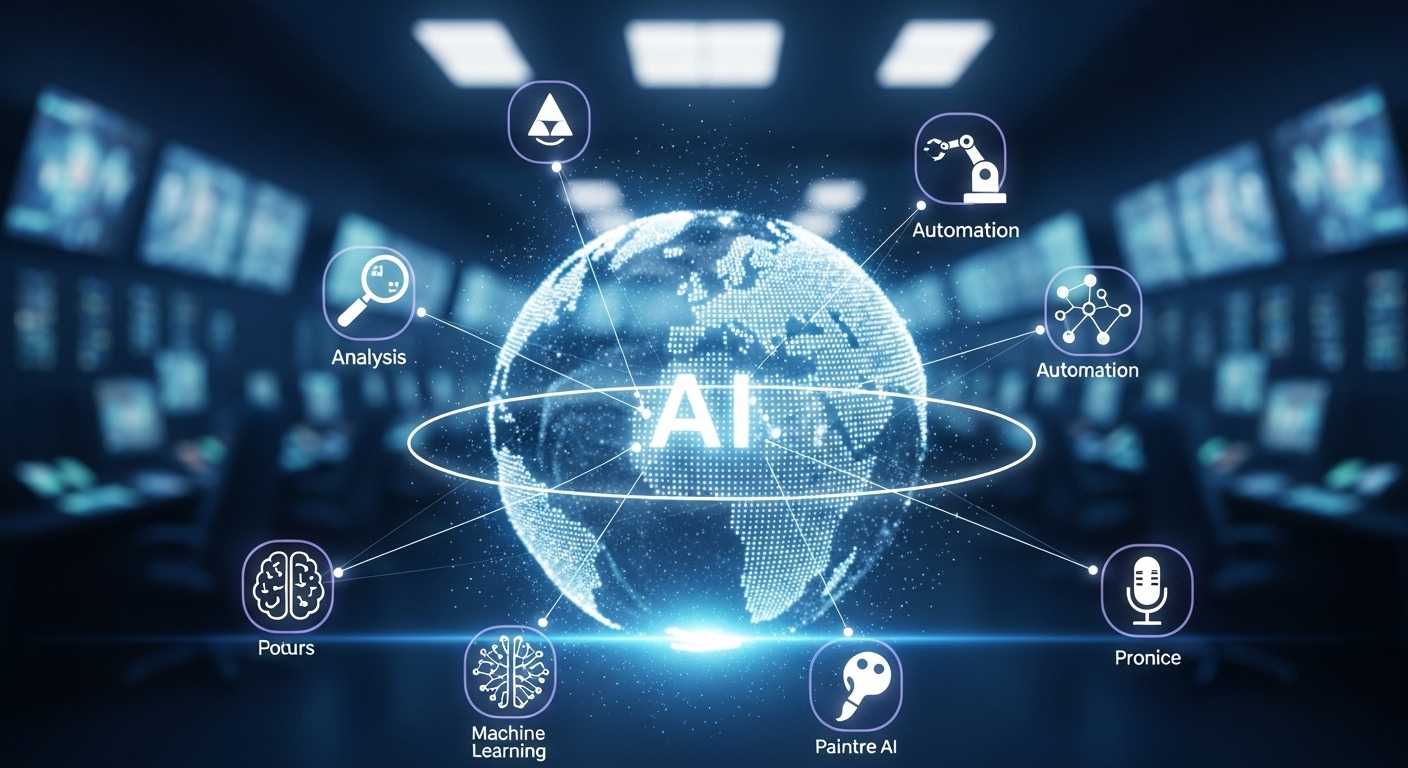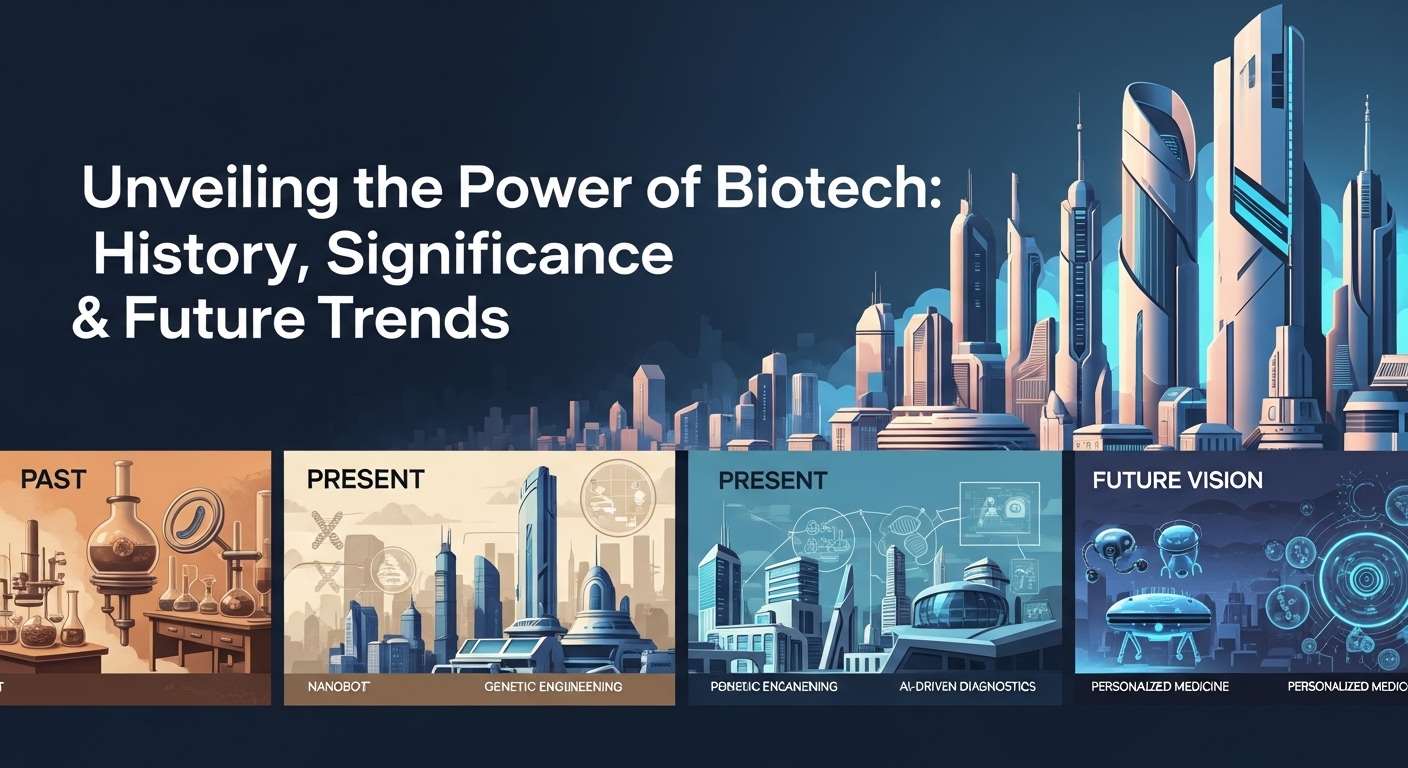Biotech is one of those fields that’s transforming how we look at, well, almost everything in the biological world. It feels like every week there’s a new breakthrough being announced. And while it might sound like a sci-fi movie, the reality is, biotech is here and shaping the future now. It’s not just about medicine, although that’s a big part. Agriculture, environmental sustainability, and even the stuff we eat—that’s all biotech too. And there’s so much to dive into, so let’s take a casual stroll through this ever-evolving landscape.
Understanding the Basics of Biotechnology
Okay, so what is biotechnology? In the most basic terms, it’s the use of biological processes, organisms, or systems to manufacture products that improve the quality of human life. Sounds fancy, right? It’s everything from the insulin you might inject if you’re diabetic, to the biofuel that powers eco-friendly cars. The Wikipedia entry on biotechnology goes deep into the history and applications if you’re into that kind of thing. But for most of us, just knowing it’s there, doing its thing, is mind-blowing enough.
The Role of Biotech in Healthcare
Let’s start with healthcare because it’s the area where biotech seems to get the most attention. The advances here are nothing short of miraculous. New therapies are being developed at a rapid pace, primarily because of biotech innovations. Think about gene therapy—it’s now possible to correct defective genes responsible for disease development. Cancer treatments are getting more precise, targeting just the cancer cells while sparing the healthy ones, thanks to biotechnological advances.
There’s a great article on Forbes that digs into how innovation in biotech is reshaping healthcare and beyond. It’s fascinating stuff, diving into areas like personalized medicine. Imagine getting a treatment tailored specifically to your genetic makeup. That’s not just a dream—it’s a reality that’s becoming more common every year.
Biotech and Agriculture: Feeding the Future
It’s not just about health. Biotech is playing a critical role in agriculture too. With a growing global population, there’s a pressing need to produce more food using fewer resources. Enter genetically modified organisms (GMOs). These are crops designed to be more resistant to pests, require less water, and yield more produce. While the debate around GMOs is still a hot topic, the fact remains—they’re a product of biotechnology aiming to address food security issues.
Benefits of GMOs
| Benefit | Description |
|---|---|
| Pest Resistance | Crops engineered to resist pests, reducing the need for chemical pesticides. |
| Improved Nutritional Content | Enhanced nutrient profiles to help combat global malnutrition. |
| Drought Tolerance | Crops developed to grow in arid conditions, helping farmers in drought-prone areas. |
Environmental Sustainability and Biotech
Biotech isn’t just stopping at healthcare and agriculture. It’s also making strides in environmental sustainability. Bioremediation is one area where it’s doing wonders. This process uses microbial organisms to break down pollutants. So, whether it’s oil spills or heavy metals contaminating water, biotech offers solutions that are both innovative and eco-friendly.
And then there’s biofuels, providing an alternative to fossil fuels. These are produced from living organisms or their metabolic byproducts. It’s all about reducing our carbon footprint and finding sustainable energy sources. The developments in this field are promising and could significantly contribute to a greener planet.
Biotech Startups: Innovation Hubs
Another exciting aspect of the biotech world is the rise of startups. These are the innovation hubs where new ideas are tested and brought to life. They’re agile, dynamic, and full of potential. Startups in biotech are tackling everything from digital health to synthetic biology. If you’re curious, check out this link to explore how some companies are contributing to this exciting field.
Challenges and Ethical Considerations
Of course, with all this progress, there are challenges. Ethical concerns about genetic editing, privacy issues with personalized medicine, and the socio-economic impacts of biotech advancements are all topics that need addressing. These conversations are crucial to ensure that biotech benefits everyone and doesn’t widen existing inequalities.
Moreover, regulatory frameworks need to keep up with the pace of innovation. Often, laws and guidelines lag behind technological advancements, creating grey areas that could potentially be exploited. Finding that balance between fostering innovation and ensuring public safety is key.
The Future of Biotech
Looking ahead, the future of biotech is bright but unpredictable. With the rapid pace of innovations, today’s sci-fi could very well be tomorrow’s reality. We’re talking about things like CRISPR technology enabling more precise genetic modifications, lab-grown meat becoming a staple on the dinner table, and even biodegradable plastics created from biological materials.
Biotech is like a relentless wave, continuously rolling forward, bringing with it a tide of change and possibility. It’s an exciting time to be observing this field because it’s not just about what’s possible now, but what will be possible tomorrow.
FAQs
- Is biotech only about medicine?
Not at all! While medicine is a big part, biotech also involves agriculture, environmental sustainability, and industrial processes. It’s a broad field with diverse applications. - How do GMOs fit into biotechnology?
GMOs are a classic example of biotechnology in agriculture, designed to improve crop resilience and productivity to meet global food demands. - What are biofuels?
Biofuels are renewable energy sources made from biological materials, providing an alternative to fossil fuels and helping reduce carbon emissions. - Are there ethical concerns with biotech?
Yes, there are several, including genetic editing ethics, privacy issues in personalized medicine, and socio-economic implications of biotech advancements. - What does the future hold for biotech?
It’s hard to say, but it’s likely to include advancements in genetic editing, sustainable energy, and even consumer products like lab-grown meat. The possibilities are endless!
So there you have it, a snapshot of biotech and its multifaceted contributions to our world. While it’s a field brimming with potential, it’s also one that requires careful navigation to maximize benefits and minimize risks. And as always, the most exciting part is not what we know now, but what’s yet to come.



